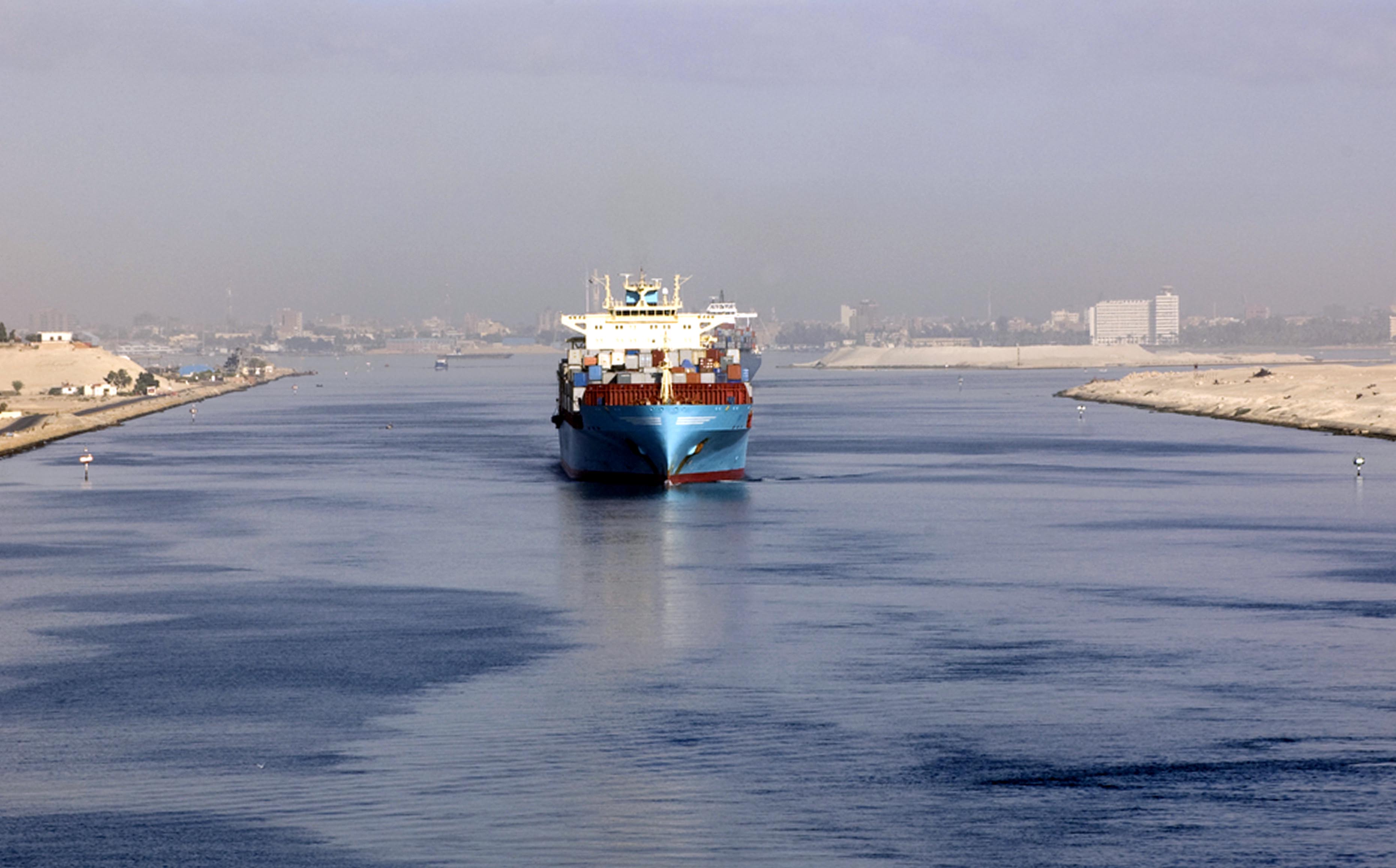Standing before a crowd at Alexandria’s vast Mohammed Ali Square, former President Gamal Abdel Nasser teases the crowd with his enigmatic smile before his speech, and then finally takes the microphone and begins to speak about the nationalization of the Suez Canal. “Today we are going to get rid of what happened in the past; some of your fellow citizens have just taken over the Canal.”
The speech sent shockwaves across Egypt and the world, but it did not stop at the region or in Europe, but also across the oceans in Latin America. Egypt, for Venezuelan politician Juan Pablo Pérez Alfonzo, showed the world that “human solidarity could confront blatant injustices” and that small nations, or developing nations, can operate a company as large as the Suez Canal.
So much has passed, and so many years have gone by, that today this historic event does not shake us as much or spark visions for the future anymore. But at the time, it made an echo and influenced two key events: the Panama Canal and the founding of OPEC.
From Western Oil Majors to OPEC
When Pérez Alfonzo became the Minister of Mines and Hydrocarbons in 1959, he aspired to control oil prices and put an oil producing country’s cartel in place of the private cartel of multinational oil corporations. His visions were aligned with Nasser’s aspiration for countries to independently manage their economies and prevent foreign powers from controlling oil prices.
A meeting was held in Cairo between 16 and 23 April 1959 between Pérez Alfonzo and other Arab leaders, including Abdullah Tariki, the oil minister of Saudi Arabia. At that time, the oil industry was controlled by Western Oil Majors, and included little to no involvement by the host developing countries. Developing nations had no say in what or how their resources were being used and exploited, and no authority in determining the future of their economy.
The meeting led to the co-creation of OPEC (Organization of Petroleum Exporting Countries), which not only protects the interests of oil producing countries today, but also illustrates once again that countries in the Middle East and Latin America can come together and take control of their own economy and destiny.
Panama Canal
Scholar Federico Vélez also offers an interesting historical analysis on the influence of Gamal Abdel Nasser’s policies on Latin America, particularly the Panama Canal.
Vélez explains that before the events in Suez, the United States built a canal in Panama after the Colombian Congress refused to accept the conditions initially agreed upon by both governments, and the United States was granted the right to use, occupy, and control the five-mile zone on each side of the waterway, also known as the Canal Zone.
However, Panamanian nationalism grew, and eventually reached its climax with the events of Suez Canal. Nasser’s courage to stand against British colonialism and nationalize the Suez Canal began to appear as a thorn in the negotiations between the United States and Panama, as Vélez argues, which forced the United States to return to negotiations and accept a recalculation of royalties, as well as a promise to improve the labor and economic circumstances of Panamanians working in the American Zone.
When President Eisenhower asked his Secretary of Defense to negotiate with the Panamanian government and improve labor conditions, he emphasized that he did not want the situation to end up as the one the British had to face in Suez, and that the negotiations should not result in “incurring the risk of divided control.”
In a memo to the Deputy Assistant Secretary of State of Inter-American Affairs, the Acting Officer in charge of Central American and Panamanian Affairs, said that the “Panamanians… have made no secret of the fact that they follow with keen interest the developments of the Suez. The Government of Panama unquestionably looks to the day when it will be able in one way or another to emulate the recent action of Egypt.”
Nasser’s policies pushed university students in Panama City to call for a General Assembly and demand that the Panamanian government abolish the 1903 treaty and lend its full support to the cause in Egypt. By the late 1950s, student groups began a series of peaceful protests against the American presence in the Canal Zone and a “sovereignty” rally to demand the presence of the Panamanian flag in the Zone.
After the events culminated in a general uprising and led to the destruction of American property, the United States allowed Panamanians to raise their flag alongside the American flag in the Canal Zone. Panama’s new leader General Omar Torrijos negotiated a final agreement with the United States in 1977, which abrogated the Hay-Bunau-Varilla Treaty of 1903, returning sovereignty and full control of the Canal and the Canal Zone to Panama.
Yet, fast forward to this day, it is hard to grasp just how much impact the Suez Canal had on global politics, and even Torrijos himself, when asked by a journalist about using Nasser as a model for his country, asked, “What did Nasser do?”
Nevertheless, while the world continues to struggle with the remains of neocolonialism, the story of the Suez Canal may once again ring a bell for those who wish to subjugate and control other nations’ resources.






Comments (2)
[…] […]
[…] […]